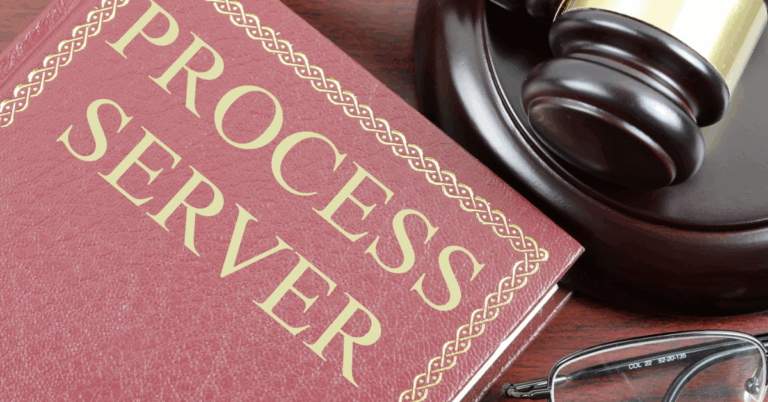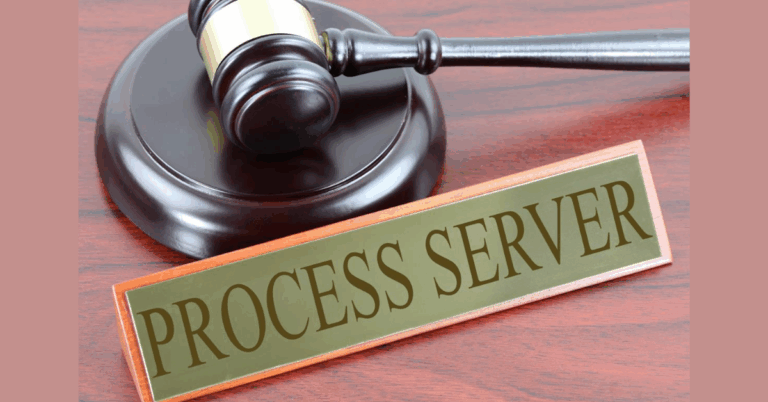Apostille Federal Documents: A Complete Guide to Federal Document Apostille Services
When dealing with official documents intended for use abroad, understanding the Apostille Federal Documents is crucial. Unlike state or local documents, federal documents require a specific approach to obtain an apostille because they originate from federal government agencies. Whether you’re using your federal documents for immigration, education, business, or legal matters, knowing how to apostille them correctly ensures their international acceptance.
This comprehensive guide explains everything you need to know about apostilling federal documents — what they are, how the process works, and key tips to streamline your experience.
What Are Federal Documents?
Federal documents are official papers issued by United States federal government agencies. Unlike documents issued by state or local governments, federal documents come from national bodies and include:
FBI Background Check Certificates (FBI Clearance)
Patent and Trademark Documents
Immigration Forms (USCIS documents)
FBI Identity History Summary Checks
Social Security Documents
Military Records issued by federal entities
Department of State issued documents (such as Consular Reports of Birth Abroad)
These documents carry federal authority and are often required for international use.
Why Do Federal Documents Require a Different Apostille Process?
Because federal documents are issued at the national level, they are apostilled by a federal agency rather than a state office. While most documents issued by state or local governments receive their apostille from the Secretary of State office, federal documents require authentication by the U.S. Department of State (DOS) in Washington, D.C.
The Department of State authenticates the signature and seal of the federal official who issued the document and attaches the apostille certificate.
How to Apostille Federal Documents: Step-by-Step Guide
Step 1: Confirm Your Document Requires an Apostille
First, verify that your document is a federal document requiring apostille certification. Check if the document originates from a federal agency and is intended for use in a country that is a member of the Hague Apostille Convention.
Step 2: Prepare Your Document for Submission
If your document requires notarization or certification from another agency before apostille, complete those steps first.
Ensure the document is an original or certified copy issued by the federal authority.
Step 3: Submit Your Document to the U.S. Department of State
Unlike state-issued documents, federal documents are submitted to the Authentication Office of the U.S. Department of State located in Washington, D.C. This office verifies the document’s authenticity and attaches the apostille.
Submission can be done by mail or through an authorized apostille service provider.
Step 4: Pay the Required Fees
Apostille fees for federal documents vary but typically include a government processing fee and service fees if you use a third-party provider.
Step 5: Wait for Processing
Processing times at the U.S. Department of State can range from a few business days up to several weeks, depending on the volume and whether expedited services are requested.
Step 6: Receive Your Apostilled Federal Document
Once processed, you will receive your federal document with the apostille certificate attached, making it valid for use in Hague Convention countries.
Common Federal Documents That Need Apostille
FBI Background Checks: Often required for employment or immigration abroad.
USCIS Certificates and Documents: For visa or citizenship applications.
Military Records: When used for foreign legal or administrative purposes.
Patents and Trademarks: For international intellectual property protection.
Consular Reports of Birth Abroad: To prove citizenship for use overseas.
Why Use a Professional Service for Federal Document Apostille?
The process of apostilling federal documents can be complicated and time-consuming. A professional apostille service offers:
Expertise in identifying the correct procedure
Assistance in preparing documents and filling out forms
Management of submission and follow-up with the Department of State
Expedited processing options
Secure handling and delivery of sensitive documents
This reduces the risk of delays or rejections.
Federal Documents vs. State Documents Apostille: What’s the Difference?
State Documents Apostille: Certified and apostilled by the Secretary of State office in the state where the document was issued (e.g., birth certificates, marriage licenses).
Federal Documents Apostille: Certified and apostilled by the U.S. Department of State since these are federal government-issued documents.
Knowing this distinction helps you submit your documents to the correct authority.
Apostille Fees for Federal Documents
The Department of State charges a fee for apostille services on federal documents. As of now, the standard fee is around $8 per document. Additional service fees apply if you use an apostille processing company. Always check the latest fee schedule before submitting.
Tips to Ensure a Smooth Apostille Process for Federal Documents
Verify whether your document is federal or state-issued.
Confirm that the destination country is a member of the Hague Apostille Convention.
Use only the original or certified copies issued by the federal agency.
Check if your document requires notarization or other certification before apostille.
Consider professional apostille services for convenience and faster processing.
Track your application status and keep copies of all documents submitted.
Frequently Asked Questions (FAQ)
Q1: Can all federal documents be apostilled?
A: Most official federal documents can be apostilled, but check with the Department of State or your apostille service to confirm eligibility.
Q2: How long does the apostille process for federal documents take?
A: It typically takes 5 to 10 business days, but expedited services may shorten this.
Q3: Can I apostille a photocopy of a federal document?
A: Usually, only originals or certified copies issued by the federal agency qualify for apostille.
Q4: Is notarization required before apostille for federal documents?
A: Not always, but some documents may require notarization or certification depending on the issuing agency.
Q5: What if my destination country is not part of the Hague Apostille Convention?
A: You will need to go through the legalization process, which usually involves consular authentication.
Conclusion
Understanding how to apostille federal documents is essential for ensuring your important federal paperwork is legally recognized abroad. Whether it’s an FBI background check, USCIS certificate, or military record, correctly obtaining an apostille from the U.S. Department of State protects your interests in international matters.
For a seamless experience, working with a trusted apostille service can help you navigate the process quickly and efficiently. Don’t let apostille complexities delay your plans—prepare your federal documents properly and get them apostilled the right way.







